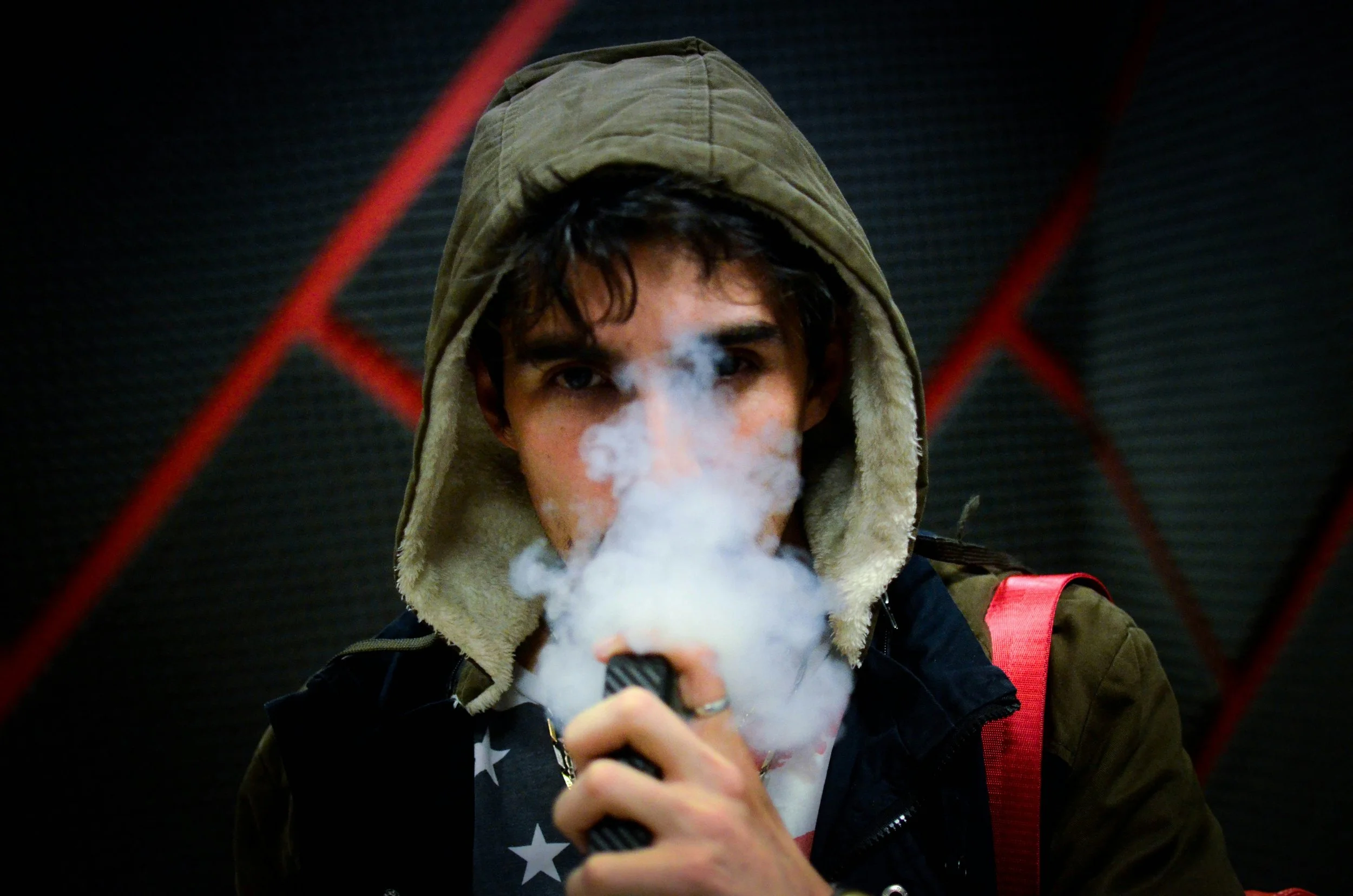Vaping: The Dangers and the Long Term Impact
Initially marketed as a way to help quit smoking cigarettes, electronic cigarettes and vapes cause just as much harm as regular cigarettes. Vaping has been a particularly sinister issue among teenagers; e-cigarette companies target young people by adding sweet flavored options like cotton candy, which distract from the fact that vapes can actually contain more nicotine than the average cigarette. As a result, even very young teenagers have become addicted to nicotine. It is very important, especially as a young person, to fight against peer pressure and understand the realities of addiction. On top of nicotine addiction, vapes pose a variety of other issues, such as:
Harmful ingredients: Vapes are different from cigarettes in that they contain liquid which vaporizes into an aerosol and is inhaled. This liquid contains heavy metals such as lead and harmful chemicals such as formaldehyde, among many others. All of these can pose serious health risks to the user.
Brain and lung issues: Inhalation of smoke and chemicals causes lung damage. The solvent in the vape can become embedded into lung tissue, leading to thickening and scarring of the delicate alveoli in the lungs. Consistent nicotine usage can also alter attention span and mood. For the developing brain and lungs of a teenager, these risks are particularly harmful.
Potential malfunctions: Vapes are electronic devices that run on batteries, which means that there is a risk of a battery malfunction causing an explosion or fire. This is a rare occurrence, but has been reported.
As a parent, consider:
Starting an open conversation about smoking and vaping: Be open about the health risks that come with smoking and vaping, hopefully even before they are presented with an opportunity to vape. Knowledge of the risks will better prepare them to deal with the situation. Allow them also to ask questions and to come to you with any concerns.
Practicing what you preach: If you don’t want your kids to smoke or vape, don’t smoke or vape yourself. If you do smoke or vape, never do it around your children. Secondhand “smoke” is still harmful even from a vape.
If you are concerned about your child vaping and need support, schedule a consultation with Dr. Geary.
